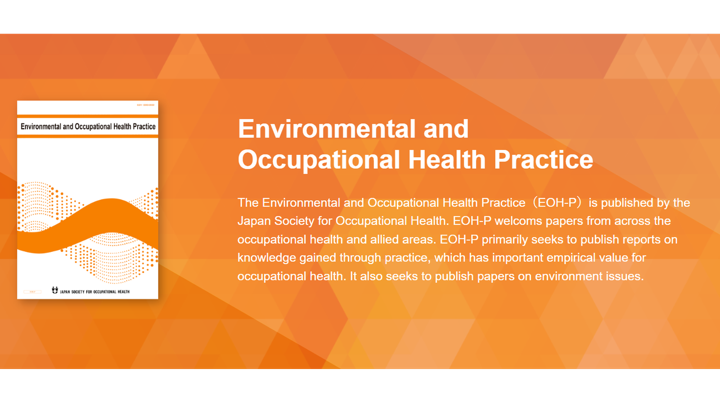#0046 Occupational health responses to COVID-19: What lessons can we learn from SARS?

How Previous Coronavirus Outbreaks Have Helped Better COVID-19 Management
In January 2020, COVID-19 was declared a Public Health Emergency of International Concern by the WHO and had an initial reported mortality of 2%. The associated virus was named SARS-CoV-2 as it was similar to the coronavirus that caused the severe acute respiratory syndrome (SARS) outbreak in 2002–2003. In this study, we compared the effects of the 2002 SARS and 2012 Middle Eastern Respiratory Syndrome outbreaks and that of the current COVID-19 pandemic on occupational health.
Occupational groups at the highest risk of exposure during an outbreak are healthcare workers (HCWs) and scientists working with the virus. Studies showed that HCWs comprised more than 40% of the patients in some countries during the 2002 SARS outbreak. Healthcare institutes ensured that HCWs are better prepared by ensuring that they are equipped and trained for infectious disease outbreaks. As a result, HCWs took adequate precautions during the COVID-19 outbreak. It was reported that HCWs comprised less than 20% of patients during the COVID-19 outbreak.
The virus was mainly transmitted during the earlier outbreaks via infectious respiratory droplets and contaminated surfaces. To reduce the chances of community transmission, people were continually reminded to practice personal and respiratory hygiene, social distancing, and self-isolation. Additionally, most governments enforced community isolation measures, strict lockdowns, and quarantines. These policies and measures helped reduce the burden on HCWs and infrastructure.
Occupational groups such as the animal, food and transportation industries comprised one-third of the early 2002 SARS infection cases. The COVID-19 outbreak affected a much broader spectrum of occupational groups, with industries as varied as the food and drink, retail, tourism, and hospitality affected by the outbreak. As non-essential services were halted in many countries, governments have aided affected workers with stimulus packages.
Psychosocial studies conducted during the 2002 SARS outbreak indicated that as many as one-third of the HCWs were extremely stressed and fatigued. There is no doubt that HCWs are currently experiencing similar, if not higher, stress levels, with ignorant and fear-mongering individuals targeting and ostracizing HCWs. The larger part of the public, however, recognize the sacrifices HCWs are making and the risks they are taking for the community. People the world over have shown their overwhelming support for healthcare and essential workers.
Nevertheless, it is imperative that HCWs are provided mental health support in different capacities. Governments need to be ever vigilant of novel and emerging diseases and should have emergency response protocols in place.
Link to the original journal article:
https://onlinelibrary.wiley.com/doi/full/10.1002/1348-9585.12128
Title of the paper:
Occupational health responses to COVID-19: What lessons can we learn from SARS?
Authors:
David Koh and Hui Poh Goh




